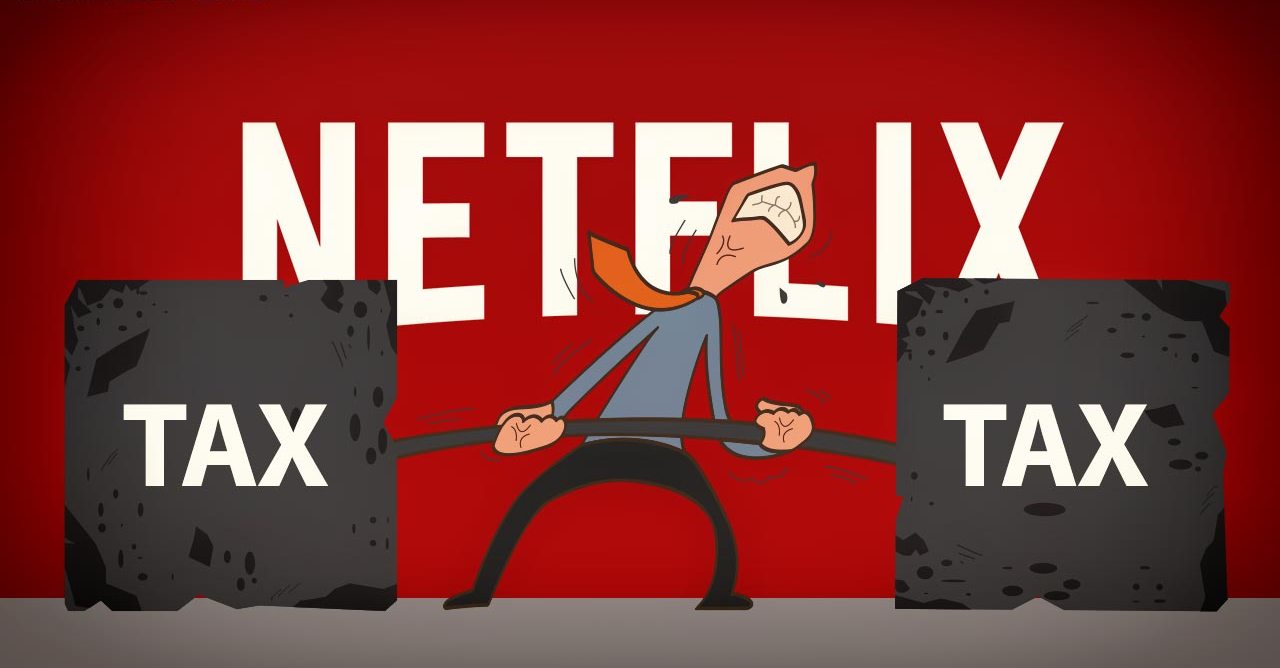In recent developments, the Sindh Revenue Board (SRB) has extended its taxation purview to include digital services such as Netflix, reflecting broader regulatory shifts in Pakistan’s digital economy.
Last year, SRB mandated banks to deduct 13 percent provincial sales tax on advertisement services, setting a precedent for taxing digital transactions. The latest imposition affects Netflix users, who now face a 3 percent Sales Tax on IT Services when paying subscription fees via debit/credit cards. Additionally, a 5 percent Advance Tax on International Transactions (for filers) and a 10 percent rate (for non-filers) further augment the costs. Card transaction charges, inclusive of a Federal Excise Duty, stand at 4 percent.
Under the Sindh Sales Tax Special Procedure (Tax on Specified Services) Rules, 2023, SRB has designated banks as collecting agents responsible for remitting these taxes. This regulatory move aims to streamline tax collection from digital service providers, reflecting global trends where governments seek to capture revenue from digital transactions.
Netflix, with its subscription plans ranging from Mobile (PKR 250/month) to Premium (PKR 1,100/month), acknowledges the potential for additional taxes depending on the user’s location. This adjustment is part of Netflix’s compliance strategy amidst evolving tax laws in Pakistan.
Moreover, the introduction of a digital services tax under the new Finance Bill 2024 underscores Pakistan’s broader efforts to ensure fair taxation of tech companies operating within its borders. This tax targets digital revenues earned in Pakistan, thus extending liability to international digital service providers like Netflix.
These taxation measures, however, are not without controversy. Concerns have been raised about the implications for consumer affordability and the potential for double taxation avoidance strategies employed by multinational digital service providers. The Federal Board of Revenue (FBR) recently issued a notice to Netflix, seeking recovery of over Rs. 200 million in income tax under section 6 of the Income Tax Ordinance 2001, highlighting ongoing regulatory scrutiny of offshore digital service earnings.
Double Taxation Agreements (DTAs) have become a focal point in these discussions, with accusations that some companies use them to minimize tax liabilities. DTAs are bilateral agreements aimed at preventing double taxation of income by different countries, yet their application in the digital services realm remains contentious.
The taxation of Netflix and other digital services in Pakistan reflects a dynamic regulatory environment aimed at capturing revenue from the rapidly expanding digital economy. While these measures promise to bolster tax collection, they also raise complex issues related to international tax compliance and consumer impact, shaping the future landscape of digital taxation in Pakistan.




